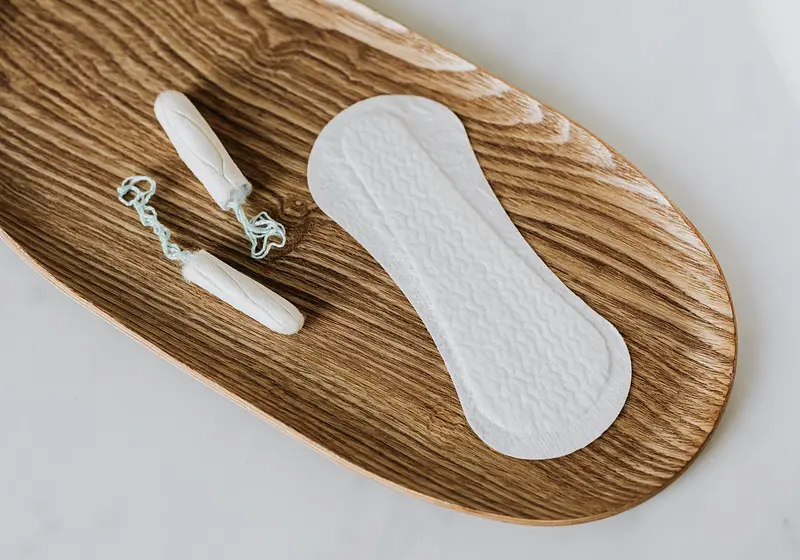Periods are natural and normal. They aren't once-in-a-lifetime occurrences. So, why are they treated as an abnormality?
Why is it something to be embarrassed about, something to keep covert and hidden? This is a result of something known as the "period stigma." But what exactly is the period stigma, and why is it harmful? What can people do about it?
Let us slide into your dms 🥰
Get notified of top trending articles like this one every week! (we won't spam you)Period Stigma: What is It?
To put it simply, period stigma is discrimination against those who menstruate. For example, it is common to hear nicknames for menstruation, such as "that time of the month" or "Aunt Flo," both of which are passive terms that contribute to the stigma. However, the stigma doesn't have to be shown through physical actions or spoken words; it can also manifest in forms like social beliefs or biases towards menstruation.

Take the Quiz: What is your IQ level?
Find out how smart you are by taking this quiz!
Why is the Period Stigma Harmful?
Period stigmas can spread false information, and these beliefs can translate into discriminatory acts that harm people. The stigma can serve as a basis or catalyst for some people's misogynistic or sexist views.
Period poverty, or the lack of access to sanitary products, education, and other things regarding menstruation, is a problem that has only exacerbated the stigma around periods. Period poverty can severely affect the mental health and holistic well-being of people and presents an issue, especially for those in low-income communities and countries.
The period stigma also makes it taboo to bring up something completely normal. That is why there is so much misinformation surrounding menstruation – people are afraid to talk about it. It fosters a sense of shame and embarrassment for many individuals, which can impact their mental health. People shouldn't feel embarrassed to buy menstrual sanitary products or ask for them, and periods shouldn't be an uncomfortable topic to talk about.
How to Combat the Period Stigma
Talk about It
There's nothing wrong with discussing menstruation. It is important to inform people about periods, and it shouldn't be something one feels scared to talk about. Work to make periods inclusive for everyone! Talking about your menstrual experiences with others can help educate people about the truth about menstruation and create a safe atmosphere for people.
Educate
Educate others, especially those who don't menstruate, about periods. Push for education about menstruation, sanitary products, mental health, and awareness of the period stigma in your communities. This will help dispel misinformation about periods and promote menstruation awareness. It may even help to change policies on menstruation and sanitary products.
But sometimes, you might need to educate yourself as well! Some people might not know about how their own menstruation cycles can affect them. It's important to understand this part of your health because it's just like any other part of your body!
Here are some places from which you can get more information about menstruation: CDC, Medline, UT Austin, Hopkins Medicine
Volunteer
Volunteer to assemble or disseminate menstruation products for those in need of them! You can even donate menstrual products like tampons and pads. Reach out to a local nonprofit organization or even shelters!
Speak Up
Become an advocate for change in your community. You can reach out to organizations or even directly contact legislators to talk about making menstrual products more readily available in schools, prisons, and workplaces! You can advocate for change by phone-banking, petitions, raising awareness about menstruation, and working to eliminate the surrounding stigma!










